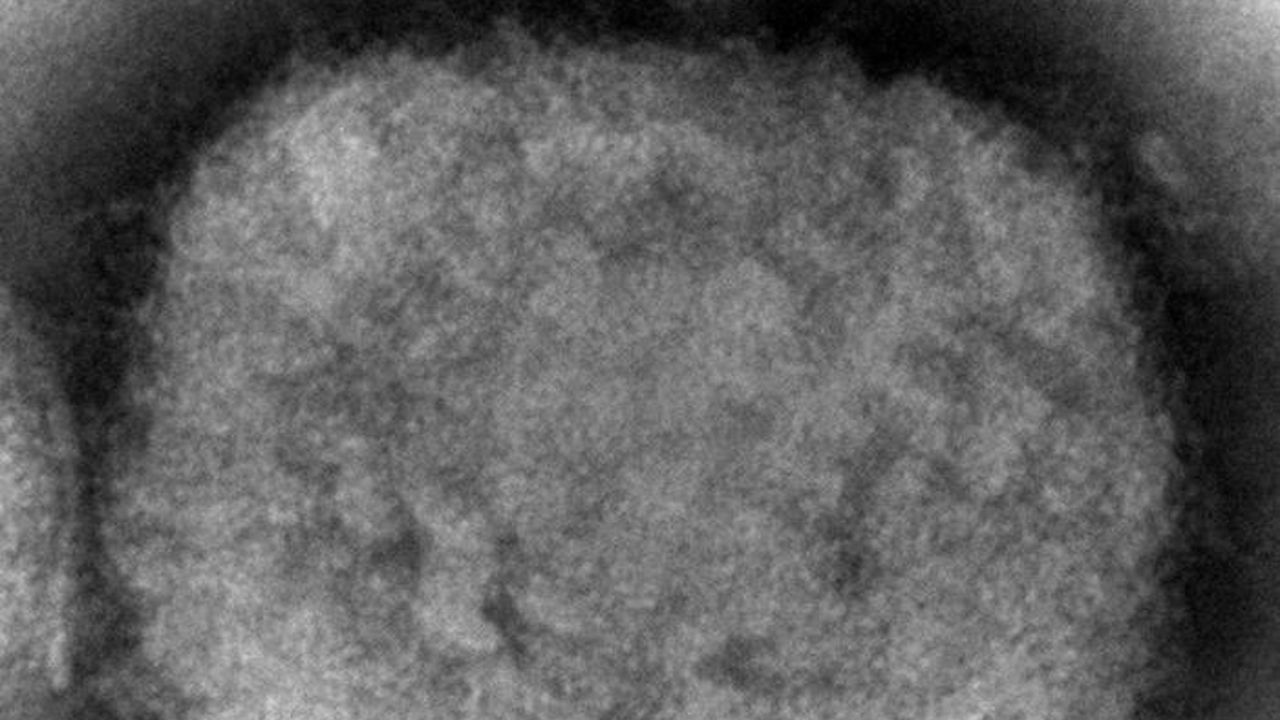DALLAS, Texas — Two international travelers from Dallas County brought home a souvenir of sorts, but one most would rather not claim. After separate trips to Spain and Mexico, the two tested positive for monkeypox on June 21 and 22, according to the Dallas County Health and Human Services.
The two new diagnoses bring the total number of confirmed monkeypox cases in the state to five.
The two travelers have not been hospitalized, but are recovering at home in isolation. Officials said they are currently not a risk to others.
“We continue to work closely with the CDC and the Texas Department of State Health Services and have conducted interviews with the patient and are continuing to contact persons who have been in close contact,” said DCHHS Director Dr. Philip Huang. “We have determined that there is little known risk to the general public at this time. However, monkeypox cases have been spreading globally, and we are actively working with local health care providers to ensure they are prepared to recognize monkeypox and report suspected cases to public health officials.”
Now, while the airline the patients traveled with and state and local health officials cooperate with the CDC to contact passengers with possible ties to the virus, public health officials have found those with direct contact to the patients and are monitoring them for symptoms.
For privacy reasons, Dallas County won’t be releasing the patients’ personal information.
“The monkeypox virus spreads between people primarily through direct contact with infectious sores, scabs, or body fluids. It also can be spread by respiratory secretions during prolonged, face-to-face contact. Monkeypox can spread during intimate contact between people, including during sex, as well as activities like kissing, cuddling, or touching parts of the body with monkeypox sores,” Dallas County said in a press release. “Recently, monkeypox cases have been linked to men who have sex with other men and participate in high-risk activities. Those infected with monkeypox may experience fever, rash, and swollen lymph nodes, as well as more serious complications.”
The World Health Organization on Thursday will meet to determine if the monkeypox outbreak warrants a public health emergency designation.
For more information, visit the CDC.



